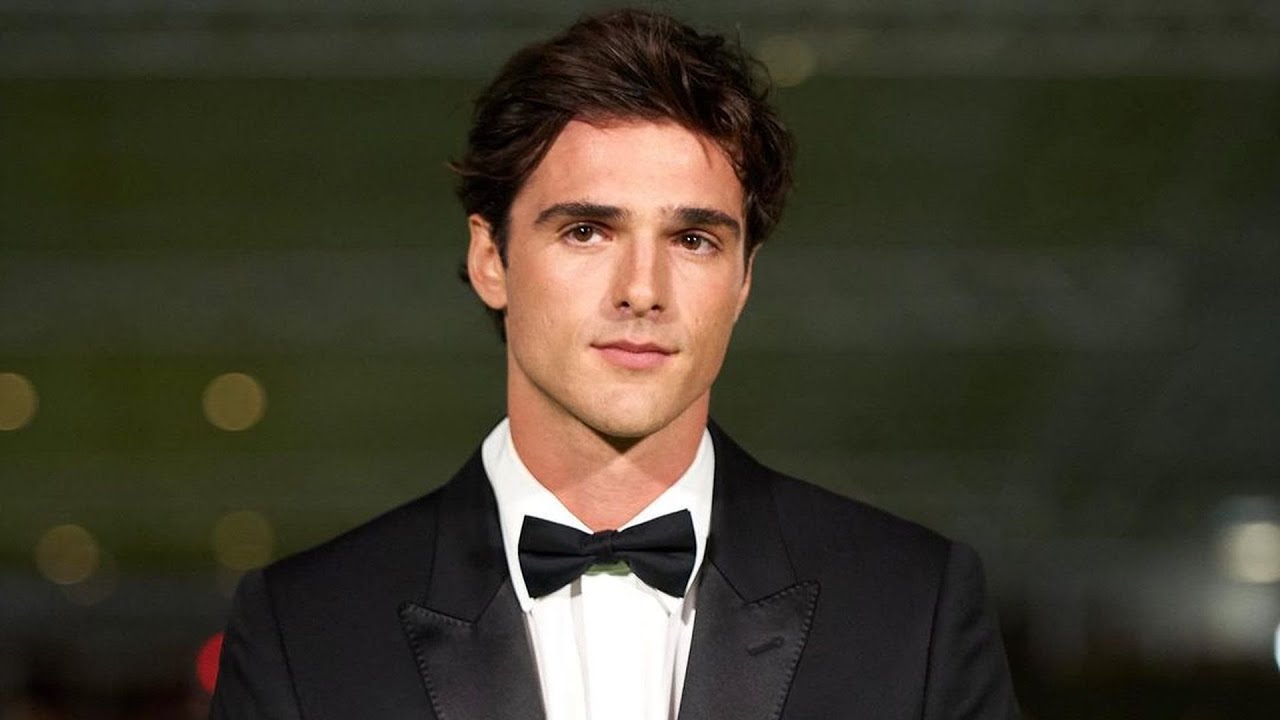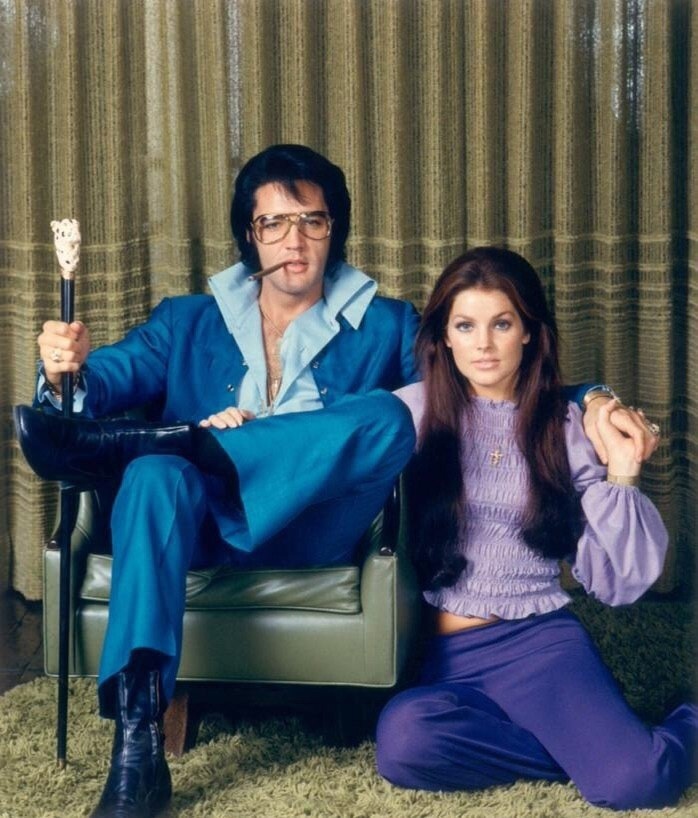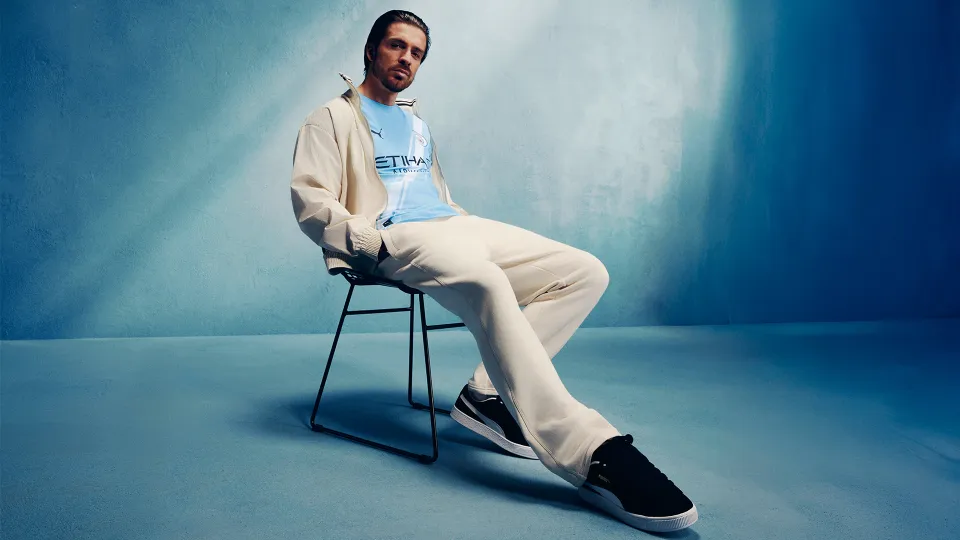When filmmaker Sofia Coppola set out to adapt Elvis and Me, Priscilla Presley’s revealing memoir, into the film Priscilla, she aimed to show a side of the iconic couple rarely glimpsed by the public. Far from the glittering stages and tabloid headlines, Coppola wanted to focus on the intimacy and emotional complexity of Priscilla’s life with the King of Rock ‘n’ Roll.
“We wanted to see what they were like behind closed doors,” Coppola explained. To accomplish that, she and her team dove into the Presley family’s home movies and personal recordings, searching for subtle mannerisms and emotional truths that could bring the characters to life onscreen.
A Moment of Tension: Notes on a Scene
In a detailed analysis for Vanity Fair’s Notes on a Scene, Coppola was joined by the film’s stars, Cailee Spaeny and Jacob Elordi, to break down one of the movie’s most powerful moments. The scene in question captures Elvis listening to demo recordings in his Graceland office and erupting in frustration when Priscilla voices her doubts about the music. In a flash of anger, Elvis hurls a chair at the wall near her.
Coppola emphasized that the dramatic sequence remained true to Priscilla’s account, though with an important clarification. “She said he didn’t throw the chair at her—he threw it at the wall beside her,” Coppola noted.
It was essential to show this darker side of Elvis while maintaining the story’s emotional integrity. “You spend a lot of the movie seeing his gentle, vulnerable side. So when he lashes out, it really has to jolt you,” Coppola said. The scene provides a clear window into the emotional volatility that shaped their relationship, a necessary contrast to the idolized public image of Elvis.
Cailee Spaeny Connects with Priscilla Presley
For actress Cailee Spaeny, who portrays Priscilla in the film, getting inside the character’s mind required more than just reading the memoir. She had several conversations with Priscilla herself before filming began, seeking insight into her emotional state during the most formative years of her life.
“I talked to her about what it meant to be supportive of someone like Elvis while still finding her own voice,” Spaeny said. “This scene, where she starts to express her opinion, really marks one of those early moments of self-assertion.”
The balance between love and self-identity was central to both Spaeny’s performance and Coppola’s vision. The film doesn’t paint Elvis as a villain but rather as a flawed, often misunderstood partner whose fame and ego complicated an already imbalanced relationship.
Jacob Elordi: Inventing the Private Elvis
Unlike Austin Butler’s take on Elvis in Baz Luhrmann’s Elvis, which leaned into the performer’s public persona, Jacob Elordi had a different challenge: imagining what Elvis might have sounded like away from the spotlight. Elordi’s only early exposure to Elvis was through Disney’s Lilo & Stitch, but he immersed himself in the role through archival footage and vocal training.
“Everyone has a performance voice and a personal voice,” Elordi said. “I had to think about how Elvis would sound talking to someone he loved, not to a crowd.”
Luckily, Elordi’s natural vocal register made the transformation smoother than expected. His performance so impressed the real Priscilla Presley that, upon watching the film for the first time, she remarked on how closely his voice matched that of her late husband.
“That was a huge relief for me,” Elordi admitted. “To hear that from her—that it really sounded like Elvis—was incredible.”
Between Two Elvii: Butler vs. Elordi
With two major portrayals of Elvis released in close succession, comparisons between Elordi and Butler were inevitable. While Butler became infamous for continuing to use Elvis’s accent long after filming wrapped, Elordi took a more restrained approach, leaving the voice behind once the cameras stopped rolling.
Coppola praised Elordi’s subtlety in capturing the nuances of the character. “He found a way to show the warmth, the charisma, and also the unpredictability without it ever feeling like an impersonation,” she said.
Where Butler captured Elvis the performer, Elordi brought to life Elvis the partner—tender, tormented, and, at times, terrifying. Both portrayals serve their respective films well, but Elordi’s was particularly tailored to the domestic drama that Coppola sought to create.
The Feminist Heart of Priscilla
Though the title references Elvis, Priscilla is ultimately about one woman’s emotional and psychological journey. Coppola made a point of ensuring that the camera and story consistently reflected Priscilla’s perspective.
From her teenage years in Germany to her early adulthood in Graceland, the film tracks how she grapples with identity, autonomy, and love under the shadow of one of the most famous men in the world.
“We wanted to show how isolating it was, even in a mansion filled with people,” Coppola said. “There’s a loneliness in her experience that I think a lot of women can relate to.”
The film doesn’t reduce Priscilla to a footnote in Elvis’s story. Instead, it gives her voice space to grow, even in the presence of such overwhelming fame. Her transformation from a passive admirer to a woman who finally walks away is central to the film’s arc.
A Study in Control and Charm
One of the recurring themes in the film is Elvis’s use of charm to control. He is portrayed as warm and playful, but also increasingly domineering as Priscilla matures and begins to assert her own needs.
“He didn’t want me to dye my hair, or wear certain clothes,” Priscilla wrote in her memoir, which the film carefully illustrates. These small, seemingly loving requests often disguised a deeper need for control.
The chair-throwing scene is emblematic of that shift: a moment when the facade of calm cracks and something more menacing seeps through. It’s a jarring reminder of the power imbalance that underpinned their relationship.
A Different Kind of Biopic
Coppola’s approach to biographical storytelling has always been distinct. Rather than focusing on milestones or dramatic life events, she hones in on mood, tone, and atmosphere. With Priscilla, she continues that tradition, offering an introspective and emotionally rich portrait of young womanhood.
“I was more interested in what it felt like to be her than what happened to her,” Coppola said. That philosophy permeates every scene, from quiet moments in a bedroom to emotionally charged confrontations in Graceland’s opulent halls.
The visual style reflects this intimacy, with soft lighting, warm palettes, and minimal distractions. The effect is a film that feels like memory—sometimes hazy, sometimes sharp, always deeply personal.
Priscilla’s Verdict
Perhaps the most significant endorsement came from Priscilla Presley herself. After watching the film, she praised the performances and Coppola’s sensitive handling of her story.
“It’s very hard to sit and watch your life, the love of your life, pass away again,” she said in a press conference. “But Sofia did a beautiful job, and Jacob and Cailee were just wonderful.”
That approval was a huge validation for Elordi in particular, who had faced the daunting task of portraying a cultural icon in a new and vulnerable light. “It meant everything to me that she believed in the film,” Elordi said.
Redefining the Elvis Narrative
In retelling Priscilla’s story through her eyes, the film invites audiences to reconsider the myth of Elvis. While he remains a central figure, he is no longer untouchable. Instead, he becomes human—brilliant, flawed, and at times, dangerous.
Elordi’s performance is key to this redefinition. By focusing on the private Elvis, he helps the audience see the emotional complexities that Priscilla endured. His ability to embody both the allure and volatility of the man makes the portrayal resonate long after the credits roll.
Conclusion: The Power of Perspective
Priscilla is not just a love story gone wrong. It’s a meditation on youth, control, and the slow unraveling of an identity forged in someone else’s shadow. Thanks to Sofia Coppola’s direction and standout performances from Cailee Spaeny and Jacob Elordi, the film shines a light on the quiet strength of a woman finding her voice.
And in the end, it was that voice—Elordi’s uncanny mimicry of Elvis, and Spaeny’s quiet resolve as Priscilla—that stunned audiences and won over the person whose opinion mattered most: Priscilla Presley herself.
- Man City drop Jack Grealish transfer hint as they launch stunning new kit for Club World Cup - June 5, 2025
- Madison Beer Shares Cheeky Bath Photo in Oscars Party Post - June 5, 2025
- Willow Name Meaning - June 5, 2025






